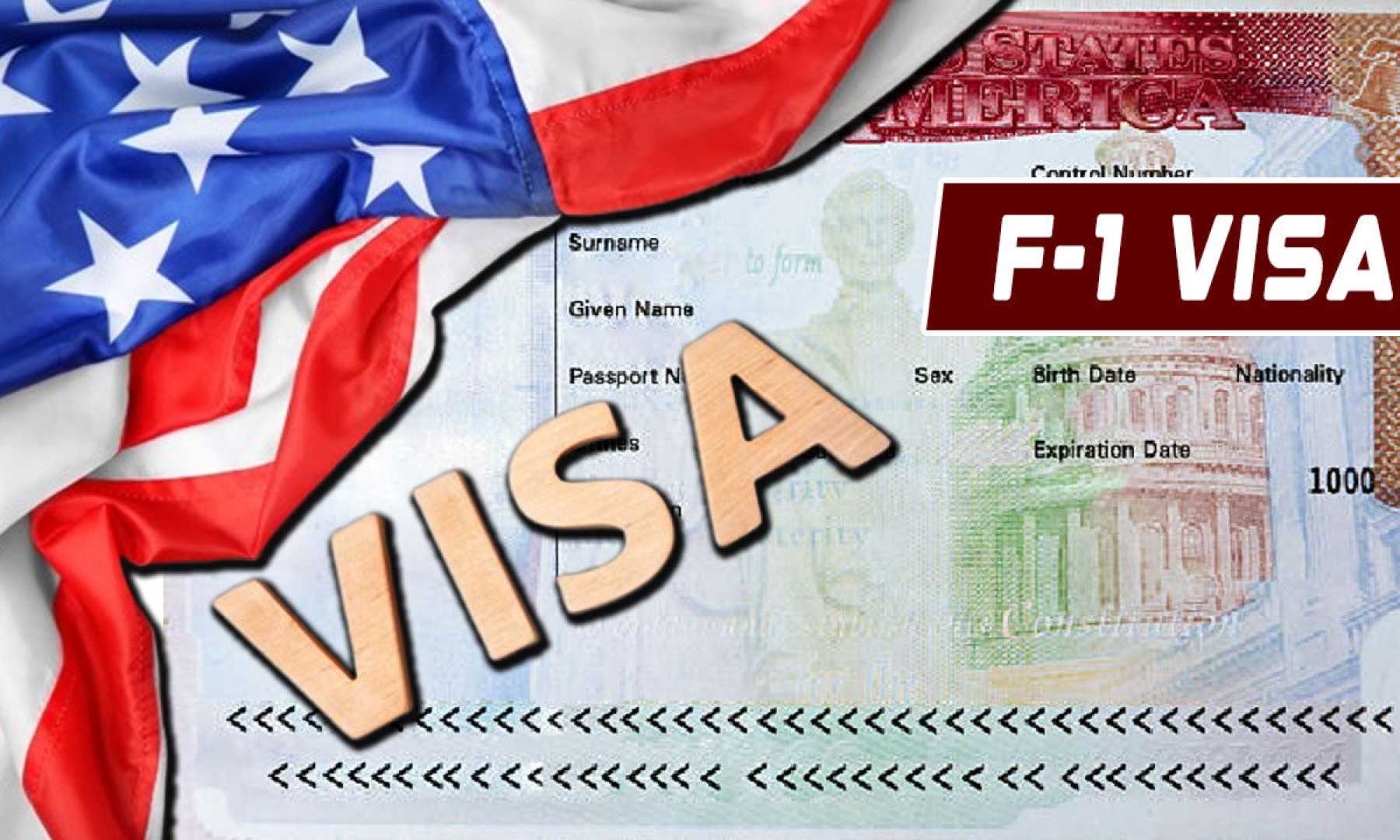Education
Visa Cancellations Affect Hundreds of International Students Nationwide

DENVER – The Trump administration has initiated visa cancellations impacting hundreds of international students across the United States, leaving many university officials and students in shock. Reports indicate that students must leave the U.S. within days, following the cancellations of their visas, often without any prior notice.
Universities in states such as California, Colorado, Kentucky, Ohio, Michigan, Massachusetts, and Florida have reported these abrupt cancellations, which are estimated to affect a small yet alarming portion of the approximately 1.5 million international students studying in the country. Experts assert that the scale of this move is unprecedented and has widespread implications for the higher education community.
Sources reveal that reasons for the cancellations vary widely, with some students losing their status for seemingly minor infractions, including off-campus traffic tickets or roommate disputes. Others appear to be affected due to their involvement in pro-Palestinian protests. Len Saunders, a Washington immigration attorney, remarked, “To hear that something like 300 visas were cancelled out of the blue…it’s all political.”
President Trump’s administration has been vocal about its intent to tighten immigration regulations, reflecting broader conservative views that accuse certain foreign students of intellectual property theft. In this context, international students, often responsible for paying full tuition and thereby subsidizing other students, witness their status jeopardized by shifting political currents.
California remains home to the largest contingent of international students, especially in disciplines like computer science, language studies, and business. A significant percentage of these students originate from India and China, according to federal data.
As it stands, there is no central tracking of the number of visa revocations or their origins. Reports suggest that a significant number of those affected by the cancellation in connection with campus protests stem from Middle Eastern backgrounds. Traditionally, the loss of visas has taken place in rare instances, often allowing students to complete their studies. This recent wave, however, is markedly different.
Many affected students are now leaving immediately, some on the brink of graduation. For instance, officials at the University of Michigan reported that one student cut short their architectural master’s degree work in fear of impending deportation. In contrast to prior targeted detentions, such as those involving Columbia University and Tufts University students, current visa cancellations mandate self-deportation rather than facing detention.
The situation has incited protests across several campuses. U.S. Senator Marco Rubio has openly stated that he has “revoked at least 300 visas of students” due to perceived extremist political activities. “Every time I find one of these lunatics, I take away their visas,” he stated at a press conference.
Notably, Colorado State University confirmed that six students from their institution saw their visas revoked. In a statement, Kathleen Fairfax, CSU’s vice provost for international affairs, noted, “To date, no specific justification for the visa revocations has been provided to the impacted individuals or CSU.” University leaders express that they are assisting affected students with connecting to legal resources and exploring their options.
The University of Massachusetts-Amherst has also found that five of its international students lost their visas and is working to extend financial assistance through its “Angel Fund,” designed to assist those impacted by immigration law changes.
Chancellor Javier Reyes emphasized the importance of international students to American higher education, stating, “Our higher education system is the envy of the world.” Meanwhile, experts like New York University Professor Robert Cohen argue that penalizing students for their political activism undermines constitutional protections of free speech.
In light of these upheavals, multiple higher education organizations have reached out to federal officials to request clearer explanations of the decision-making processes behind these visa cancellations. They argue that the current climate creates uncertainty for institutions, hampering their ability to support international students.
As universities navigate the immediate fallout from the visa cancellations, affected students and their families are left to contemplate their futures in a rapidly evolving political environment.












